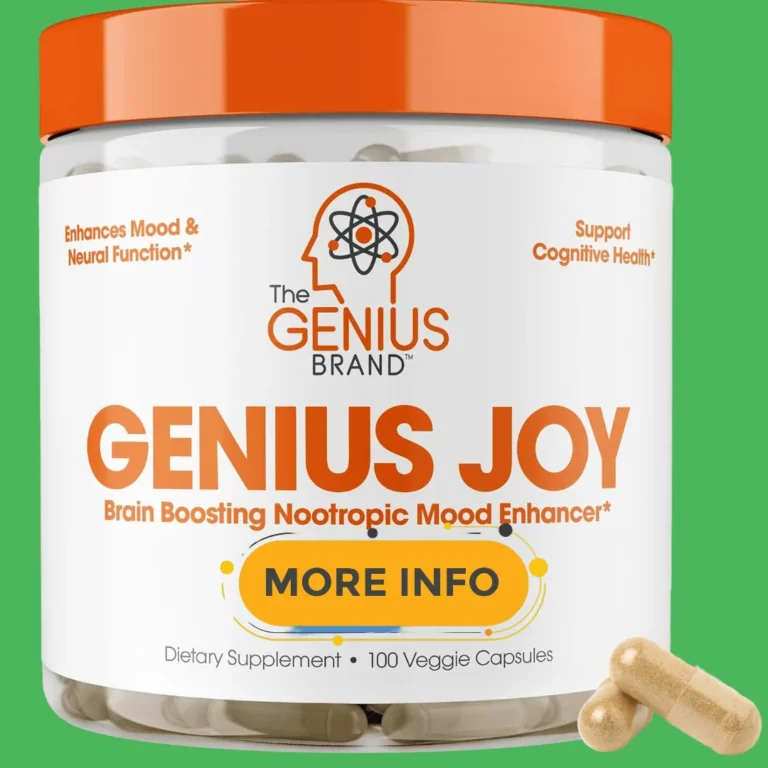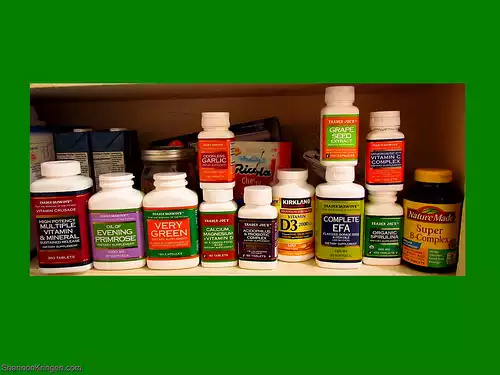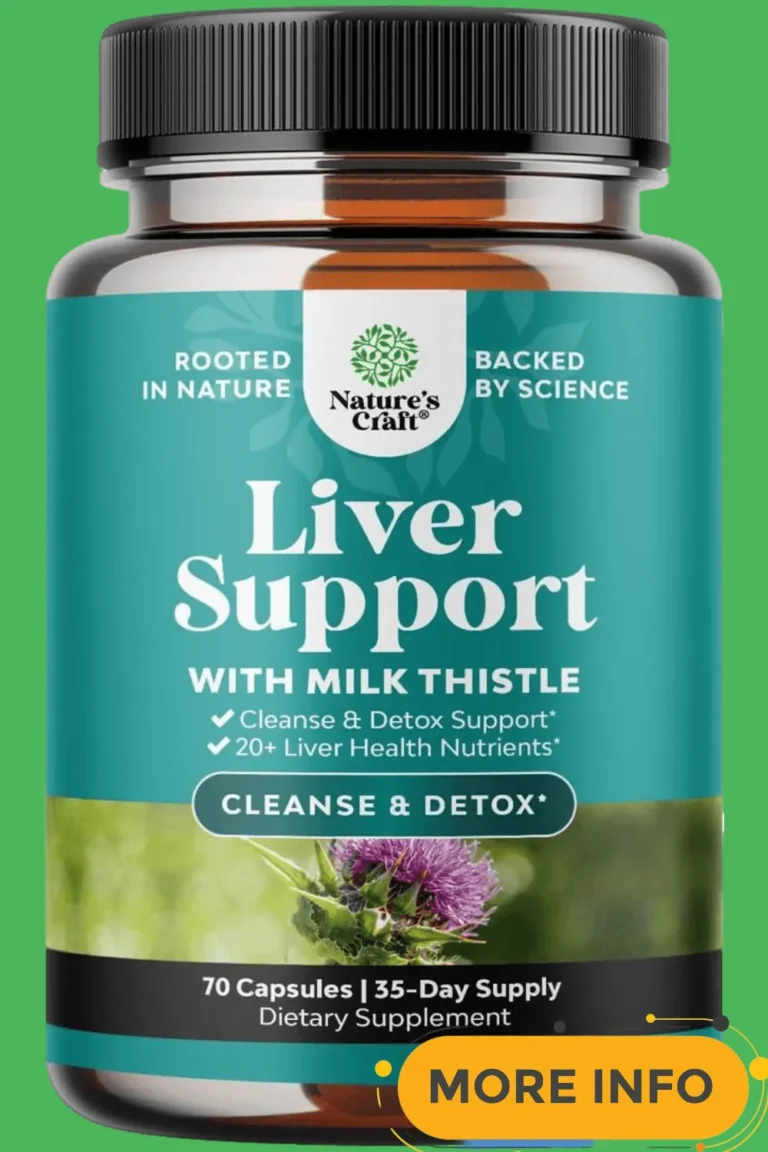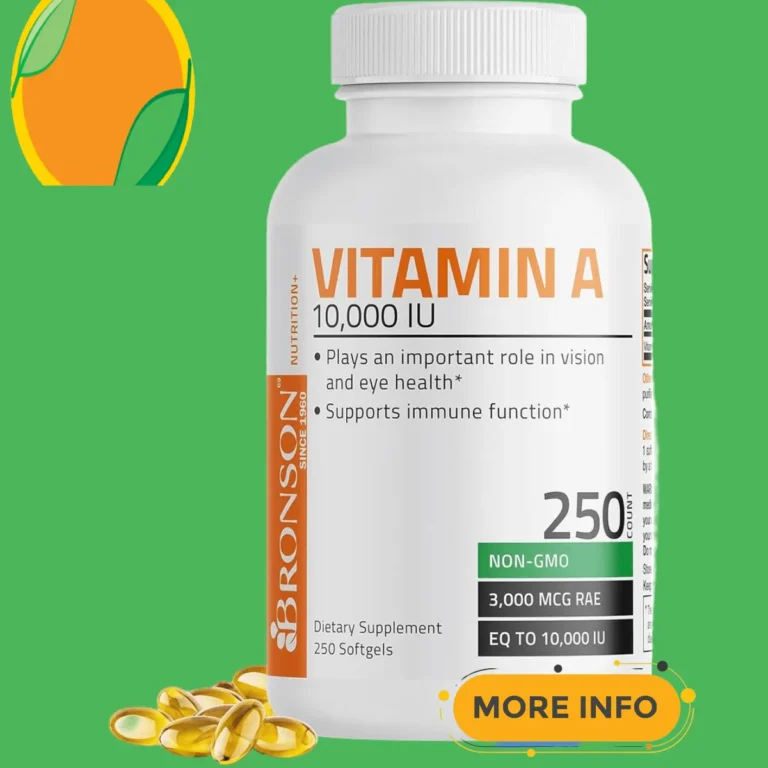Ideas About Vitamins And Minerals Are Very Easy When You’ve Got Great Tips
It is stating the obvious to say that proper nutrition and diet are keys to feeling good about yourself.
You probably also know already that you need to exercise to maintain good health.
Read the Ideas About Vitamins And Minerals Are Very Easy When You’ve Got Great Tips and advice in this article to keep strong and healthy.
Imagine unlocking a treasure chest filled with the secrets to boundless energy, glowing skin, and optimal health—all through the simple power of vitamins and minerals.
It might sound like the stuff of fantasy, but understanding these essential nutrients doesn’t have to be complicated or overwhelming.
In fact, Ideas About Vitamins And Minerals Are Very Easy When You’ve Got Great Tips is your golden ticket to navigating this vital aspect of wellness with ease and confidence.
Have you ever felt bogged down by conflicting information about which supplements to take or how much of each nutrient you need? You’re not alone.
The good news is that unraveling this web of confusion can be remarkably straightforward when armed with expert advice and practical tips.
From deciphering food labels to integrating nutrient-rich foods into your daily diet, this article will illuminate the path to a healthier you.
So sit back, relax, and prepare to demystify the world of vitamins and minerals—your body will thank you!
In today’s fast-paced world, it can be challenging to prioritize our health and ensure we are getting all the vitamins and minerals our bodies need to function at their best.
With so much information available, it can be overwhelming to navigate the world of supplements and health foods.
However, understanding the basics of vitamins and minerals doesn’t have to be complicated.
By arming yourself with the right information and tips, you can easily make informed decisions about which nutrients your body needs and how to incorporate them into your daily routine.
From the importance of vitamin D for bone health to the role of magnesium in muscle function, this article aims to provide you with a comprehensive guide to essential vitamins and minerals.
By following these tips and incorporating them into your lifestyle, you can take control of your health and well-being.
With the right knowledge and a little bit of planning, maintaining a balanced diet rich in essential nutrients can be easier than you think.
So, let’s dive into the world of vitamins and minerals and discover how simple it can be to support your body’s needs.
Table of Contents Ideas About Vitamins And Minerals Are Very Easy When You’ve Got Great Tips
Exploring essential vitamins and minerals
When it comes to exploring essential vitamins and minerals, it is essential to consider the significant role they play in maintaining overall health and well-being.
Vitamins and minerals are vital nutrients that the body requires in small quantities to function correctly.
These micronutrients serve various crucial functions, including supporting immune function, energy production, bone health, and metabolism regulation.
Understanding the sources, recommended daily intake, and potential deficiencies of essential vitamins and minerals can help individuals make informed choices to ensure a balanced and nutrient-rich diet.
By exploring the importance of these micronutrients, individuals can optimize their health and well-being through a balanced and diverse diet rich in essential vitamins and minerals.
Understanding potential health benefits
When considering the potential health benefits associated with essential vitamins and minerals, it is crucial to delve into the scientific research supporting their roles in the body.
Various studies have highlighted the positive impact of specific nutrients on health outcomes, such as the role of vitamin D in supporting bone health and immune function, or the antioxidant properties of vitamin C in combating oxidative stress and promoting skin health.
Understanding the mechanisms through which vitamins and minerals exert their beneficial effects can provide valuable insights into how these micronutrients contribute to overall well-being and disease prevention.
By recognizing the potential health benefits of essential nutrients, individuals can make informed choices to support their health goals and optimize their nutritional intake for long-term wellness.
Tips for improved nutrient absorption
To enhance nutrient absorption effectively, individuals should consider incorporating certain dietary habits and lifestyle practices.
Firstly, consuming a diverse range of nutrient-dense foods, such as fruits, vegetables, whole grains, and lean proteins, can provide a spectrum of essential vitamins and minerals necessary for optimal health.
Pairing foods rich in vitamin C with plant-based sources of iron can improve the absorption of this essential mineral.
Additionally, including fermented foods like yogurt and kimchi in the diet can promote gut health and aid in the absorption of nutrients by supporting a healthy digestive system.
Furthermore, maintaining adequate hydration levels and minimizing the consumption of substances that hinder nutrient absorption, such as excessive alcohol and processed foods, can positively impact the body’s ability to absorb and utilize essential nutrients efficiently.
By adopting these strategies, individuals can maximize the benefits of the vitamins and minerals they consume, promoting overall health and well-being.
Nourishing your body efficiently daily
Efficiently nourishing the body on a daily basis goes beyond just consuming a variety of vitamins and minerals; it involves cultivating a holistic approach to overall wellness.
In addition to a balanced diet, incorporating regular physical activity tailored to individual needs and preferences plays a crucial role in maintaining optimal health.
Physical exercise not only supports weight management but also enhances cardiovascular health, strengthens muscles, and improves mental well-being.
Moreover, ensuring adequate rest and prioritizing quality sleep are essential components of a healthy lifestyle as they allow the body to repair and rejuvenate.
By integrating a comprehensive wellness routine that encompasses nutrition, exercise, and rest, individuals can nurture their bodies efficiently, fostering long-term health and vitality.
Incorporating vitamins and minerals effectively
When incorporating vitamins and minerals effectively into your daily routine, it is crucial to pay attention to the quality and source of these essential nutrients.
Opting for whole food sources of vitamins and minerals can often be more beneficial than relying solely on supplements, as whole foods provide a spectrum of nutrients that work synergistically to support overall health.
Additionally, considering factors such as bioavailability and absorption rates of different nutrients can help optimize their effectiveness in meeting your body’s needs.
Furthermore, consulting with a healthcare professional or a registered dietitian can provide personalized guidance on selecting the right vitamins and minerals based on individual requirements and health goals.
By being mindful of these considerations, you can ensure that your body receives the necessary nutrients in a way that promotes optimal well-being and vitality.
In conclusion, understanding the essential role that vitamins and minerals play in maintaining our overall health is paramount.
With the right knowledge and guidance, incorporating these vital nutrients into our daily routine becomes a manageable endeavor.
By staying informed, making conscious choices, and consulting healthcare professionals when needed, we empower ourselves to take charge of our well-being and optimize our body’s functions.
Remember, a balanced diet, coupled with proper supplementation when necessary, forms the foundation for a healthy and vibrant life.
Let us continue to prioritize our health by acknowledging the significance of vitamins and minerals in sustaining our vitality.
FAQ
What are some common misconceptions about vitamins and minerals?
One common misconception is that more vitamins and minerals are always better, but excessive intake can be harmful.
Another misconception is that supplements can always replace a balanced diet, but whole foods are the best source of nutrients.
Additionally, some people believe that all supplements are safe, but certain vitamins and minerals can interact with medications or have adverse effects.
It’s important to consult a healthcare professional before starting any new supplement regimen to ensure it is safe and necessary for your individual needs.
How can a person determine if they are getting enough vitamins and minerals in their diet?
One way to determine if a person is getting enough vitamins and minerals in their diet is to consult a healthcare provider or a registered dietitian for a comprehensive evaluation.
They can assess dietary intake, conduct blood tests to check nutrient levels, and provide personalized recommendations to ensure adequate nutrition.
Additionally, keeping a food diary, monitoring energy levels, paying attention to physical symptoms like hair loss or brittle nails, and consuming a varied diet with fruits, vegetables, whole grains, lean proteins, and dairy products can also help in ensuring proper nutrient intake.
What are some signs that indicate a deficiency in a specific vitamin or mineral?
Some signs of vitamin or mineral deficiencies include fatigue, weakness, pale skin, brittle nails, hair loss, headaches, muscle cramps, numbness or tingling in extremities, poor concentration, and frequent illness.
It is important to consult a healthcare provider for proper diagnosis and treatment if experiencing these symptoms.
How can someone effectively incorporate vitamins and minerals into their daily routine?
One effective way to incorporate vitamins and minerals into your daily routine is by including a variety of fruits, vegetables, whole grains, lean proteins, and dairy products in your diet.
You can also consider taking a daily multivitamin to ensure you are meeting your nutritional needs.
Additionally, staying hydrated and avoiding processed foods can help maximize the absorption of essential nutrients.
Consulting with a healthcare professional or a registered dietitian can help you create a personalized plan to ensure you are getting all the necessary vitamins and minerals for optimal health.
What are some potential risks associated with taking too many vitamins or minerals?
Taking too many vitamins or minerals can lead to toxicity, causing symptoms such as nausea, vomiting, and organ damage.
Excessive intake of certain vitamins like vitamin A, D, E, and iron can be particularly harmful.
In some cases, overdosing on supplements can interfere with the body’s ability to absorb other nutrients or medications.
It’s important to consult with a healthcare provider before starting any new vitamin or mineral supplement regimen to avoid potential risks and ensure proper dosages.







